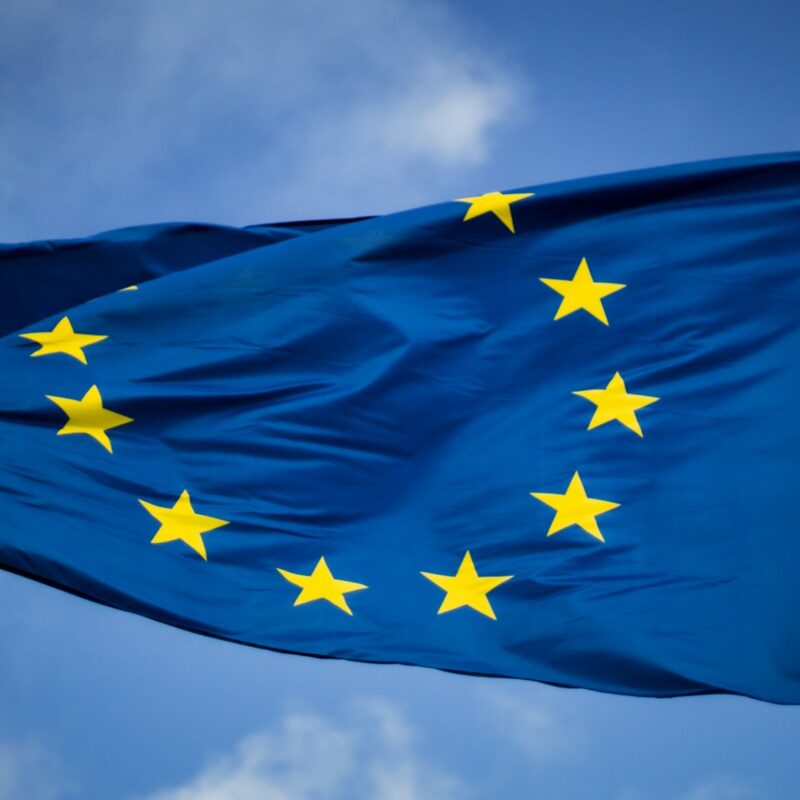Polish Presidency of the EU Council – Priorities

On 1 January 2025, Poland assumed the six-month presidency of the Council of the European Union. AGRIFISH priorities identified by the Ministry of Agriculture and Rural Development include improving food security, supporting farmers, simplifying the green architecture of the Common Agricultural Policy (CAP) and developing research and digitalisation. However, in view of the mounting climate, social and economic crises, expectations of the Polish Presidency were much higher.
Lack of clear support for healthy, sustainable and ethical food
The agriculture-related objectives lacked clear support from the consumer side and the guarantee of the right to healthy, sustainable and ethical food. A key tool in this transition, the Sustainable Food Systems Law (SFS Law), was not even mentioned in the Polish Presidency’s agenda.
Green REV Institute’s call for ambitious action
On 28 October 2024, the Green REV Institute sent a letter to the most important representatives of the Polish government, including: Prime Minister Donald Tusk, Deputy Prime Ministers Krzysztof Gawkowski and Władysław Kosiniak-Kamysz, Minister of Agriculture and Rural Development Czesław Siekierski, Minister of Climate and Environment Paulina Hennig-Kloska. The appeal emphasised that food security is not only a question of agriculture, but also a question of public health, combating climate change, protecting biodiversity and the rights of citizens, citizens and consumers. Greeen REV Institute, the Future Food 4 Climate Coalition together with partners identified five key actions:
- Sustainable Food Systems Law (SFS Law) – necessary for the transformation of the food system in the EU.
- Protecting the rights of people living in the vicinity of industrial farms – particularly vulnerable to health and environmental problems.
- Tackling food poverty – by supporting the availability of healthy and sustainable food.
- Supporting new forms of food production, such as alternative proteins, to reduce the environmental impact of agriculture.
- Nutrition education in European schools, to build awareness of the importance of healthy and sustainable eating from an early age.
What does the absence of SFS Law in the Presidency’s priorities say?
The omission of SFS Law from the priorities of the Polish Presidency signals that healthy and sustainable food is still not seen as a key element of food security in the EU. Despite global challenges, such as climate change and growing social inequalities, the priorities lacked a coherent vision that takes into account the needs of both male and female consumers, animals and the planet.
Healthy, sustainable and ethical food must become a priority if the EU wants to meet the challenges of the 21st century. Poland’s presidency may be an opportunity to make ambitious changes – the question is, will it be seized?

